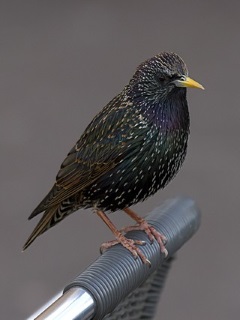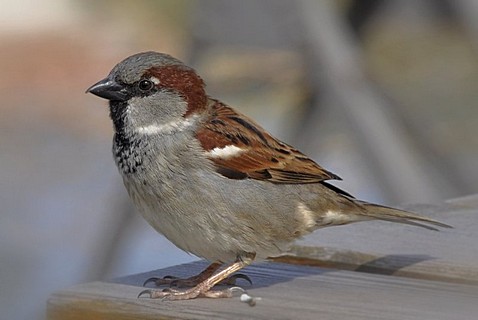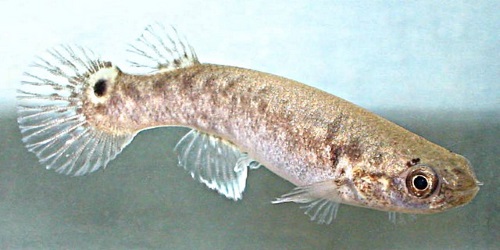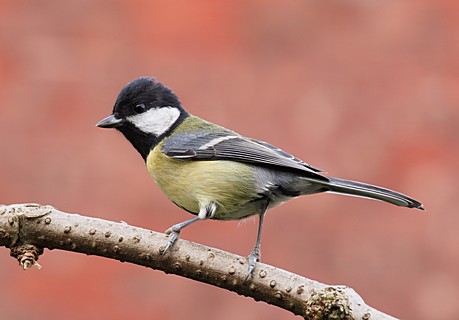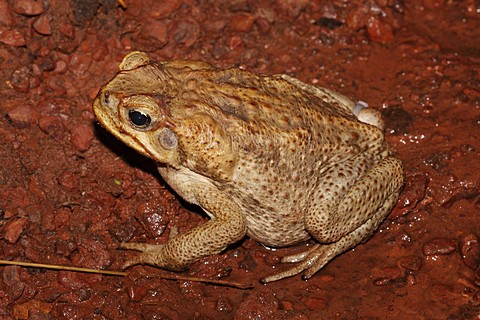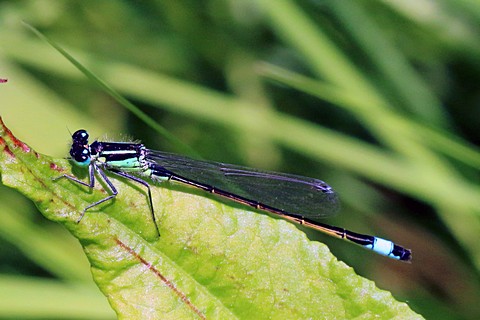SICB Annual Meeting 2020
January 3-7, 2020
Austin, TX
Symposium S2: Epigenetic Variation in Endocrine Systems
All organisms must respond to environmental stimuli, and most metazoans do so through endocrine system regulation. Hormonal fluctuations allow organisms to maintain and return to homeostasis following perturbations, making them vital for survival and fitness. Many components of the endocrine system (e.g., proteins, steroids, receptors, genome response elements, etc.) and the physiological and behavioral processes they regulate are conserved among vertebrates (e.g., the glucocorticoid stress response). However, there are sometimes dramatic differences among and within species, particularly in how hormonal variation affects phenotypes. Some such variation is driven by diverse factors such as individual age, sex, body condition, and developmental stage but external factors such as the type, magnitude and duration of inducing stimuli and evolutionary history of lineages can also be impactful. Eco-evolutionary endocrinology has been quite successful in describing this variation among and within species, but we have only just begun to scratch the surface in understanding the role of endocrinological variation for phenotypic diversity, ecological function and evolution.
Mounting evidence suggests that epigenetic modifications, such as DNA methylation, histone modifications, non-coding RNAs, and small RNAs, mediate the interactions between environmental conditions, individual traits, and the endocrine system as some epigenetic modifications can be induced or removed by environmental stimuli, they represent promising candidates underlying endocrine regulation and variation, particularly epigenetic marks that can be stably inherited. Inheritance of epigenetic alterations may be beneficial in some contexts, especially where parental endocrine phenotypes are better matched to the environment. Epigenetic regulatory mechanisms seem to be ubiquitous across species, underscoring their potentially pervasive roles in ecology and evolution.
This session will focus on epigenetic modifications of endocrine systems, mainly in natural populations, with particular attention paid to life-history transitions (reproduction, seasonality) and other salient ecological processes such as responses to climate change and range expansions. We will bring together scientists from various career stages that either focus on epigenetic endocrinology in diverse non-model organisms or biomedically-focused scientists seeking to improve human health. All participants are exemplary in their use of novel approaches and concepts to answer important basic questions in biology.
In this symposium, we will:
- Bring together scientists from different career stages, backgrounds, and disciplines to share ideas
- Develop a framework that integrates the potential effects of epigenetic variation on different components of the endocrine system within different life-history stages/ecological paradigms
- Discuss the long-term consequences of heritable epigenetic alterations
- Identify opportunities for the application of new technologies and best-practices for studies of natural populations lacking robust genetic resources (i.e. annotated genomes)
- Determine and propose paths to answering some outstanding questions across fields

Sponsors: SICB Divisions DAB, DCE, DCPB, DEDB, DEDE, DNNSB
Organizers
- Haley E. Hanson
- Tyler J. Stevenson
- Lynn B. Martin
Speakers
S2-1 Saturday, Jan. 4, 07:45 HANSON, H; MARTIN, LB; STEVENSON, TJ*:
Introduction to Epigenetic Variation in Endocrine Systems
S2-2 Saturday, Jan. 4, 08:00 HANSON, HE*; WANG, C; SCHREY, AW; JIANG, RHY; MARTIN, LB:
Epigenetic Potential and DNA Methylation Across an Ongoing Avian Range Expansion
S2-3 Saturday, Jan. 4, 08:30 LANCASTER, LT*; MCCAW, B; ARESHI, S; LEONARD, A; MOORE, B; STEVENSON, TJ:
Epigenetic effects on thermal tolerance and resource use shifts in insects, with implications for range shift potential and life history syndromes
S2-4 Saturday, Jan. 4, 09:00 EYCK, HJF; SARMA, RR; CRINO, OL; WATERS, PD; CROSSLAND, M; SHINE, R; ROLLINS, LA*:
Corticosterone response to experimental manipulation of methylation in invasive amphibian larvae
S2-5 Saturday, Jan. 4, 10:00 RUBENSTEIN, DR:
Epigenetic Programming and the Evolution of Adaptive Coping
S2-6 Saturday, Jan. 4, 10:30 SILVESTRE, F*; CARION, A; CHAPELLE, V; VOISIN, A-S; FELLOUS, A; SUAREZ-ULLOA, V; MARKAY, A; WAUTHIER, E; GOUJON, V; WAUTHIER, E; CHATTERJEE, A; EARLEY, RL:
The Self-Fertilizing Mangrove Rivulus as a Model Species in Environmental Epigenetics
S2-7 Saturday, Jan. 4, 11:00 PHELPS, SM; PHELPS, Steven:
Genetic and epigenetic influences on alternative tactics in the mostly monogamous prairie vole
S2-8 Saturday, Jan. 4, 11:30 LINDNER, M; VIITANIEMI, H; VAN OERS, K; VISSER, M; LAINE, V; VERHAGEN, I:
Epigenetic regulation of seasonal timing of reproduction
S2-9 Saturday, Jan. 4, 13:30 CHAMPAGNE, FA:
Epigenetics and Reproductive Trade-offs in Response to Stress
S2-11 Saturday, Jan. 4, 14:00 TOLLA, E:
Rhythmic Neuroendocrine Expression of DNA Methyltransferase Enzymes in Seasonal Models
S2-12 Saturday, Jan. 4, 14:30 HUNTER, R/G:



